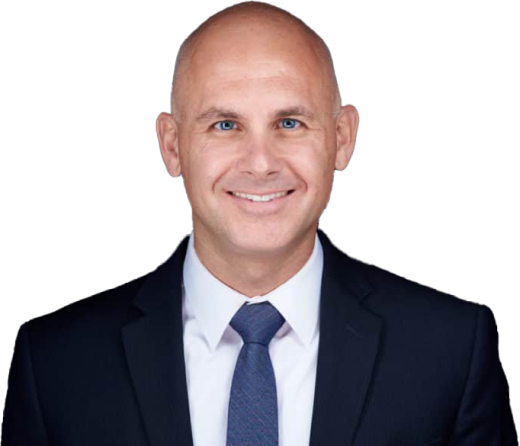The Germany-based automaker Volkswagen has come under fire in the last few hours for what appears to be deliberate fraud on worldwide customers who purchase the Fahrvergnügen brand. If you take into account Audi and Porsche, which falls under its ownership, Volkswagen sells more cars than any other automaker in the world—having overtaken Toyota earlier this year.
Apparently about 11 million 2009–2015 Volkswagens (500,000 of which Volkswagen says are in the U.S.), including the Golf, Passat, Jetta, and Beetle (and some Audis)—those equipped with a 2-liter diesel engine (the Type EA 189 engine)—shipped with programming that would detect when the vehicle’s emissions were being tested and switch to ultra-emission-saving mode by activating equipment that would temporarily reduce emissions for the duration of the test.
With this programming, the cars’ performance was radically different on the road in real driving conditions than when targeted tests for pollutants were being run. (Which, when put that way doesn’t seem all that different from every other car on the market when comparing the sticker gas mileage with the real-world MPG.)
This “ultra-emission-saving” mode is apparently only reserved for testing conditions, though, because when it is on, the car reportedly suffers in performance and fuel economy. Thus, Volkswagen was apparently attempting to create an engine that would keep the Environmental Protection Agency happy by running clean when being measured, but would also keep the consumers happy by providing better performance and higher gas mileage while on the road and not under the scrutiny of environmentalists.
In response to this accusation, Volkswagen CEO Martin Winterkorn admitted that the deception originated within the company and promised to make reparations, maintain transparency, and earn back consumer trust. Volkswagen has purportedly already set aside $7.3 billion (half the year’s profits) to fix the problem—which will likely include funding a recall to fix the cars and make payments on civil lawsuits.
So where did the German auto manufacturer go wrong? The source of wrongdoing in a fraud case is never a mystery—the problem arises when someone decides they are going to either outright lie or deliberately hide the truth, both of which Volkswagen was guilty of.
From a legal standpoint, this is a clear case of fraud. In Nevada, fraud consists of the following:
- defendant made a false representation,
- with knowledge or belief that the representation was false or without a sufficient basis for making the representation,
- the defendant intended to induce the plaintiff to act or refrain from acting on the representation,
- the plaintiff justifiably relied on the representation, and
- the plaintiff was damaged as a result of his reliance.[1. J.A. Jones Const. Co. v. Lehrer McGovern Bovis, Inc., 120 Nev. 277, 290–91, 89 P.3d 1009, 1018 (2004).]

In this case, Volkswagen made a false representation (regarding the emissions of its vehicles), knowing that it was false (it specifically designed a mechanism for hiding the true readings), with the intent of inducing action (getting EPA approval and getting consumers to purchase the vehicles based on the false emission numbers). The people who purchased the cars have every reason to believe the numbers being provided by a multinational company are trustworthy, so the reliance on the false statement would be justified. The consumers’ damages, or losses, would need to be quantified and could be derived from any of a number of sources.
More significant than compensatory damages, though (those designed to make a plaintiff whole), punitive damages are available in fraud cases in Nevada, which damages are designed to punish the wrongdoer in a measure proportional to the wrongdoer’s ability to pay, which in Volkswagen’s case is considerable.
Some believe that Volkswagen’s fraud was a deliberate business decision—one made knowing they would eventually get caught but made nonetheless based on their belief that the long-term benefits would exceed the eventual costs. If this theory finds eventual support in the evidence, then the loss to Volkswagen’s reputation may ultimately make that a bad gamble. Time will tell.



